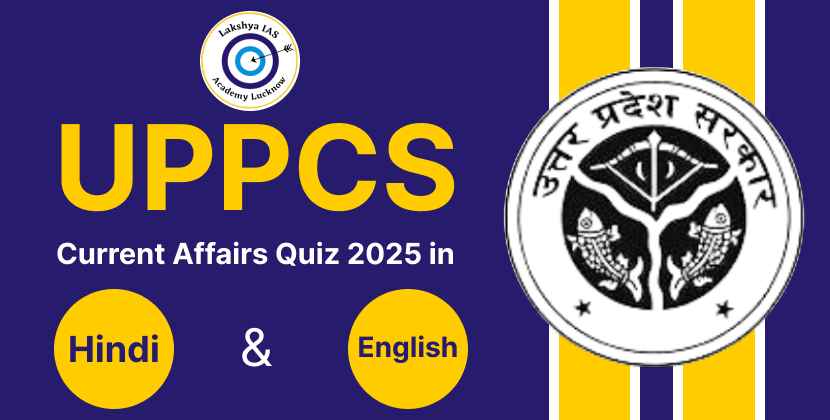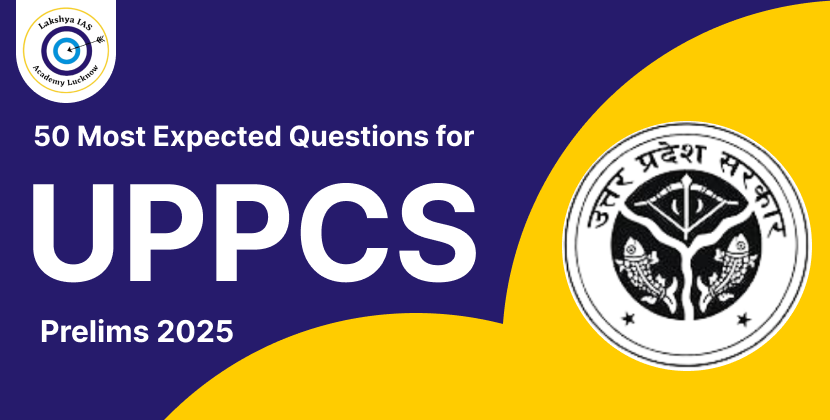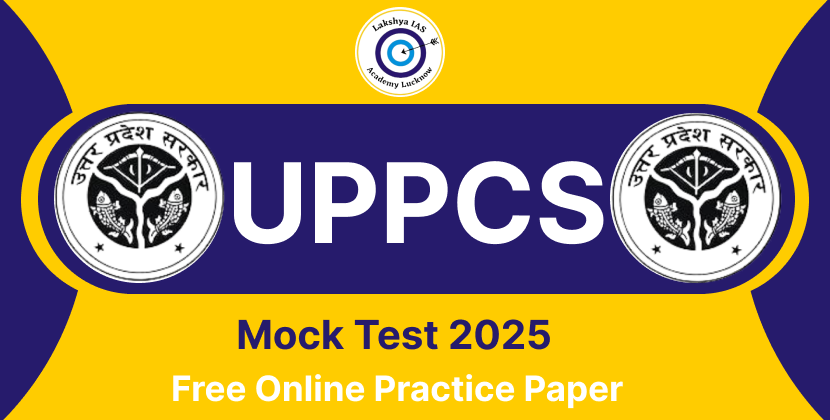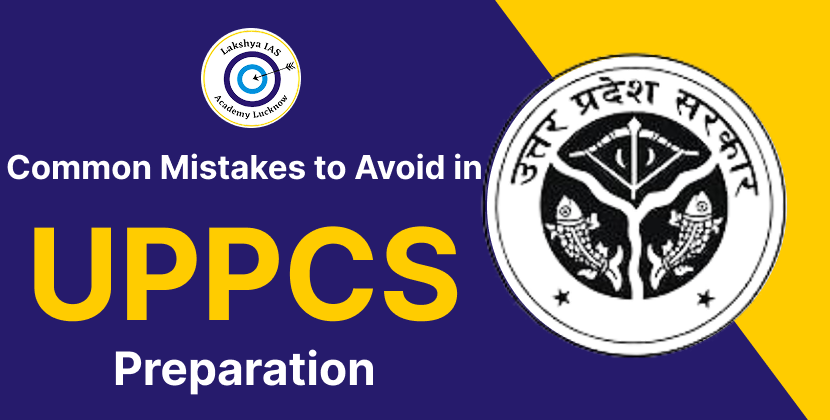UPSC में Ethics Paper कैसे तैयार करें? – सम्पूर्ण गाइड
UPSC Civil Services Exam में Ethics, Integrity & Aptitude (GS Paper-IV) सबसे scoring और game-changer पेपर माना जाता है। कई बार देखा गया है कि candidates समान GS और Optional अंक पाने के बावजूद Ethics Paper में अच्छे नंबर लाकर Final Selection तक पहुँच जाते हैं।
इसलिए UPSC Aspirants के लिए यह समझना ज़रूरी है कि Ethics Paper की तैयारी अलग तरीके से करनी होती है, क्योंकि इसमें सिर्फ़ factual knowledge नहीं बल्कि आपका सोचने का तरीका, तर्कशक्ति और ईमानदारी (integrity) झलकनी चाहिए।
1. UPSC Ethics Paper का Syllabus
Ethics Paper का syllabus broadly चार हिस्सों में बंटा हुआ है:
Ethics and Human Interface – Human values, role of family, society & educational institutions.
Attitude – Content, structure, function, moral & political attitudes.
Aptitude & Foundational Values for Civil Services – Integrity, impartiality, objectivity, empathy.
Emotional Intelligence (EI) – Concepts, utilities & application in administration.
Contributions of Thinkers & Philosophers – Moral thinkers (Indian & Western).
Public/Civil Service Values & Ethics in Public Administration – Codes of conduct, code of ethics, citizen’s charter.
Probity in Governance – Information sharing, RTI, work culture, corruption, accountability.
Case Studies on above issues – Practical problem-solving with ethical reasoning.
Paper का आधा हिस्सा theory-based और आधा हिस्सा case studies पर आधारित होता है।
2. Ethics Paper क्यों महत्वपूर्ण है?
यह 300 अंकों का पेपर है।
High scoring potential – कई candidates यहाँ 110–140+ अंक लाते हैं।
यह पेपर candidate के ethical values, decision-making और problem-solving approach को जांचता है।
आपके जवाबों में originality और honesty झलकनी चाहिए।
3. Ethics Paper Preparation Strategy
(a) Basic Understanding बनाएं
पहले syllabus को अच्छे से समझें।
Ethics की definitions, thinkers, और administrative ethics की clarity रखें।
(b) Best Books & Resources
Lexicon for Ethics, Integrity & Aptitude – concise और direct.
Ethics, Integrity and Aptitude by Subba Rao & P.N. Roy Chowdhury – detailed coverage.
2nd ARC Reports (esp. Ethics in Governance) – authentic content.
IGNOU material on Ethics – useful for conceptual clarity.
Newspapers (The Hindu/Indian Express) – editorial से ethical issues को real-life examples में use करें।
(c) Notes Making
Short notes बनाएं: Definition + Example + Thinker’s Quote.
Mind-maps और flowcharts से complex topics को simple करें।
Real-life examples जैसे Lal Bahadur Shastri, E. Sreedharan (Metro Man), और modern-day administrators का use करें।
(d) Answer Writing Practice
Ethical concepts को examples और case studies से support करें।
Diagrams, flowcharts और structured answers लिखें।
हमेशा balanced approach दिखाएं (neither too idealistic nor too practical)।
Positive tone रखें – "solution-oriented" बनें।
(e) Case Studies Approach
Case studies Ethics Paper का सबसे महत्वपूर्ण हिस्सा हैं। इन्हें हल करने के लिए:
Problem को identify करें।
Stakeholders (जिन्हें प्रभावित करेगा) list करें।
Ethical issues लिखें (Integrity, Accountability, Empathy)।
Alternative solutions लिखें – pros & cons के साथ।
Best solution चुनें जो legally sound, ethically justified और practically feasible हो।
Example:
अगर कोई officer को रिश्वत की पेशकश मिलती है – तो जवाब सिर्फ "ना कहना" नहीं होना चाहिए। आपको बताना होगा:
Institutional mechanism (complaint register, vigilance department)
Long-term solution (awareness, training)
Ethical justification (Integrity, transparency)
4. Thinkers & Quotes का Use
Ethics Paper में thinkers और philosophers के विचारों का use करना answers को enrich करता है।
कुछ महत्वपूर्ण quotes:
महात्मा गांधी – "Be the change you wish to see in the world."
अरस्तु – "We are what we repeatedly do. Excellence, then, is not an act, but a habit."
स्वामी विवेकानंद – "They alone live who live for others."
इन quotes को relevant context में use करें।
5. Important Topics & Examples
Integrity – Lal Bahadur Shastri (honesty in leadership).
Empathy – Mother Teresa, IAS Armstrong Pame ("Miracle Man" for building road in Manipur)।
Transparency – RTI Act examples।
Accountability – Citizen’s charter, social audit।
Emotional Intelligence – Handling mob situation peacefully।
6. Common Mistakes to Avoid
केवल theory लिखना, practical example नहीं देना।
बहुत idealistic answer – जो practically possible न हो।
Case study में सिर्फ "कानूनी समाधान" लिखना, ethical dimensions ignore करना।
Thinkers और quotes का बिना relevance के इस्तेमाल करना।
7. Model Answer Structure
हर Ethics answer को इस तरह लिखें:
Introduction – definition/quote/example।
Body – issue analysis + examples।
Conclusion – positive, solution-oriented ending।
Example:
Q. What do you understand by integrity? How is it important for a civil servant?
Intro: Integrity का मतलब है "being honest and consistent in thoughts, words, and actions."
Body: एक civil servant के लिए integrity public trust का आधार है। Without integrity, corruption, favoritism और maladministration बढ़ता है। Example: E. Sreedharan (Delhi Metro)।
Conclusion: इसलिए integrity governance का foundation है और इसे हर administrator को अपने जीवन और कार्य में अपनाना चाहिए।
8. Time Management in Exam
Paper में 12–13 questions + 3–4 case studies आते हैं।
हर answer को 150–200 words में लिखें।
Case study को ज्यादा समय दें (20–25 मिनट)।
9. Ethics Preparation Timeline
3 महीने – Basics + Lexicon cover करें।
3 महीने – Thinkers + Examples + ARC Reports।
6 महीने – Regular answer writing + case study practice।

Lakshya IAS





.png)
.png)

.png)

Leave a Comment